Villains in Literature
Welcome guest author Matt Posner as he shares about villains in literature and in his latest installment of his School of Ages series: The War Against Love, Book Three.
***
We love villains in literature. WE want to spend time with the antagonist. We like the hero to have a good challenge, but it’s more than that. For good to triumph, it has to contrast with something. We can’t know what’s right till we see what’s wrong.
But what makes a good villain? There are so many of them to explore. In Western literature, a pivotal early enemy is the enemy of mankind, the Serpent in the Book of Genesis from the Torah and Old Testament. The Serpent is the one who starts it all by introducing the qualities that make villains: the vices and sins of mankind. The qualities that make people hurt each other all start at this moment: envy and jealousy, resentment, competitiveness, selfishness, egocentrism; the drive for domination, the desire for recognition; false righteousness, arrogance, insecurity, desperation, fear; prejudice, hatred, lust, covetousness. All emerge from this pivotal moment.
And, of course, many of them also drive the seminal figure in English-language villainy, John Milton’s Satan, in Paradise Lost, who demands that his magnificence entitles him to rule and not to serve. Satan’s armed rebellious against God is Milton’s way of representing what all great villains care about — getting what they want, because why shouldn’t they? I want to win. Why not me?
Villains are driven by desire, even as we all are, and we understand what our favorite villains want, and differ from them only in that they will do things we won’t — they will hurt people along the way.
I think it was Shakespeare who most advanced in literature the concept of a villain with sympathetic motivations. His villains do wrong and deserve to be foiled: to lose, and sometimes to die. Yet we always see in them a spark of humanity, of recognizable motivation. Claudius is really in love with his brother’s wife; Iago really has been unjustly passed over; Edmund is tired of being scorned as a bastard when he is just as good as his brother; Shylock has been spit on, robbed, and betrayed. We would not, as self-defined moral people, do what this nasty bunch of villains do, but we don’t blame them for doing something. We share their passions and their pain. We admire their capacity to act with less restraint than we ourselves feel. We only regret their methods.
What about insane villains? We can’t understand them in the same way, and sometimes we find their irrationality annoying. Even so, I think John Dryden got it right when he said “There is a pleasure in being mad which only the madman knows.” Speaking only in terms of literature, insanity is, like immorality, a source of increased freedom to act, to indulge oneself. If a villain is insane, but the behavior is consistent and believable, then we can still enjoy some time with that villain.
We also like villains who combine power with humanity. Why? Because they represent the fulfillment of our unexpressed, psychologically hidden wishes. They do things we, their readers, will not do because we are too moral and too fearful of consequences. A part of every person wants to crush foes and be feared and rule everyone else. Reading about a villain thus sometimes gives us a chance to explore the consequences this unattainable desire.
I chose the topic of villains because I have just published a book full of villains. The War Against Love contains no fewer than eight active enemy wizards, plus their impressive non-human servants and monsters, plus a lot of characters who aren’t enemies but who make Simon and his friends nervous. Moving from Book II, Level Three’s Dream, whose antagonist was not evil, to The War Against Love
gives me the chance to think about what makes people wicked, in terms of shared and social responsibility as well as supernatural forces. All my villains are Shakespearian villains, with some sort of reason for what they do, and they are also James Bond villains, an unusual and menacing bunch you will long to see defeated. Along the way you will watch the kids undertake the classic journey from innocence to experience, suffering painful loss along the way. Love grows, people die, purity becomes corruption, bonds are shattered, and the small world of School of the Ages becomes a huge, deadly world of opposing forces.
***
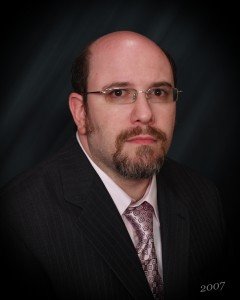 Matt Posner is a writer and teacher from New York City. He is the author of the School of the Ages series and co-author with Jess C. Scott of Teen Guide to Sex and Relationships. More information: http://schooloftheages.webs.com. Follow Matt on Twitter: @schooloftheages; and on Facebook: “School of the Ages Series”
Matt Posner is a writer and teacher from New York City. He is the author of the School of the Ages series and co-author with Jess C. Scott of Teen Guide to Sex and Relationships. More information: http://schooloftheages.webs.com. Follow Matt on Twitter: @schooloftheages; and on Facebook: “School of the Ages Series”
Find his latest book The War Against Love
US: http://www.amazon.com/School-Ages-Against-Series-ebook/dp/B008VXUI0K/
UK: http://www.amazon.co.uk/School-Ages-Against-Series-ebook/dp/B008VXUI0K/
Nook: http://www.barnesandnoble.com/w/school-of-the-ages-matt-posner/1112451675?ean=2940014860512

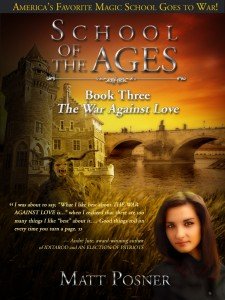
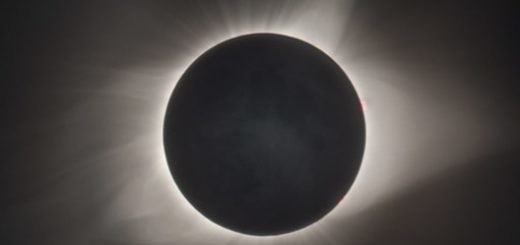
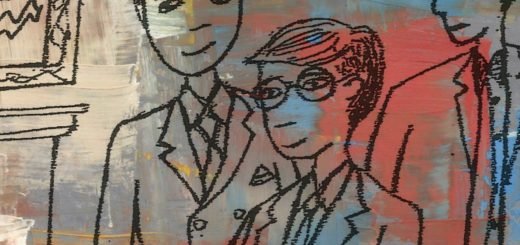
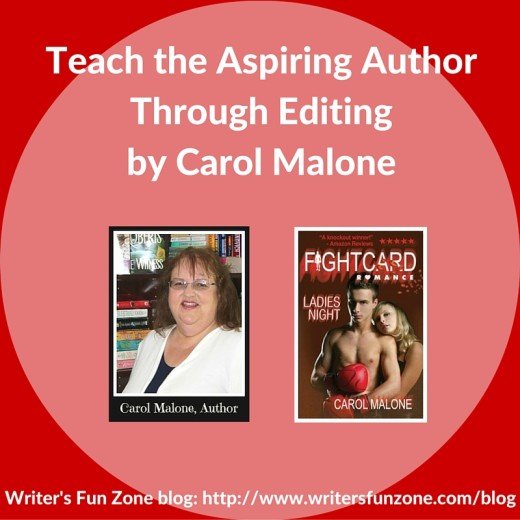



Everybody loves a good villain! It seems like the important part is creating a believable, sympathetic villain, not some cardboard cut-out of evil…